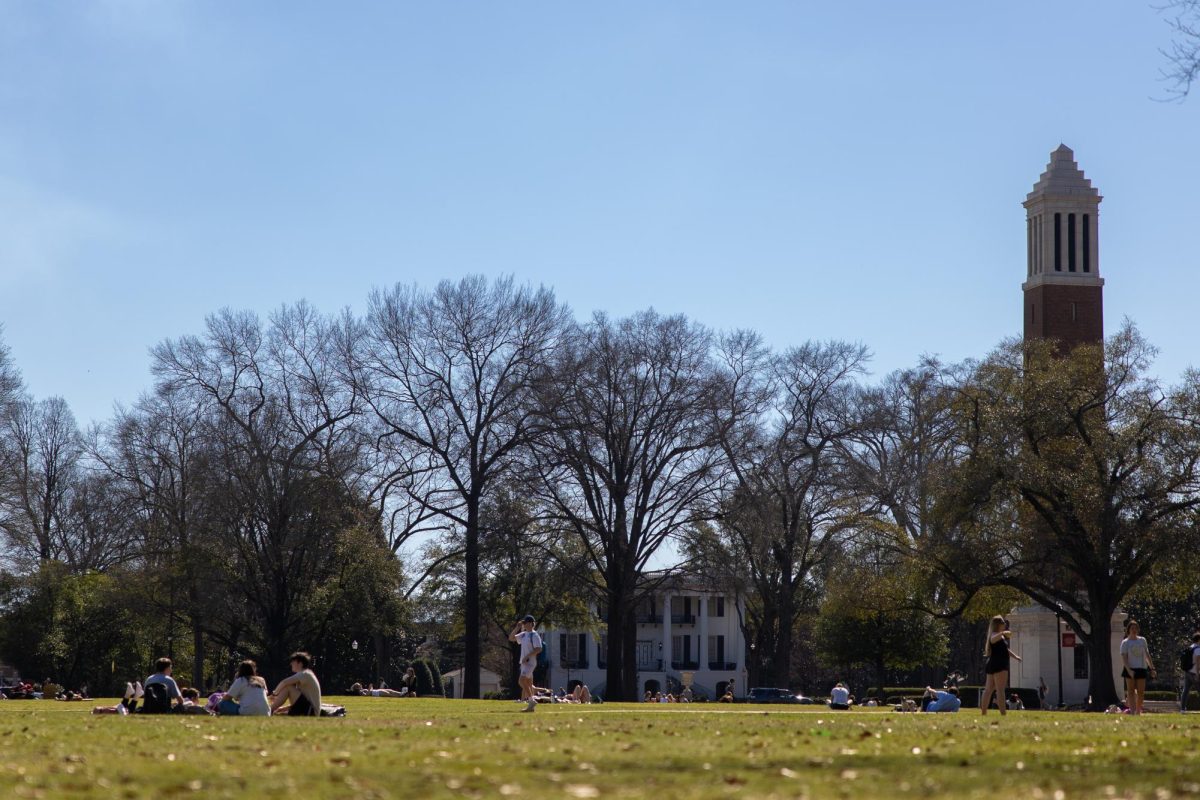When financial aid and scholarships aren’t enough to make educational ends meet, some students may turn to loans to help assist them with the remaining costs.
According to American Student Assistance, of the 20 million students who attend college each year, 12 million (60 percent) take out student loans to help cover the costs of school.
Additionally, the average amount of debt a student will acquire by the time he or she graduates is $26,600.
With the recent announcement of a tuition increase for the 2013-14 school year, students may consider taking out a student loan in order to finish the remainder of their schooling at the Capstone.
After filling out a FASFA application, a student may qualify for both financial aid and loans. The loans that are initially offered upon filling out a FASFA are subsidized and unsubsidized loans, and the amount a student is awarded for a subsidized loan is based upon that student’s level of financial need.
If the amount of funding FASFA offers a student does not provide adequate funds, the University offers two further options for students in the form of a parent plus loan or an alternative loan.
The parent plus loan is applied for using the parent’s credit, and the parent’s name is the one that appears on the loan. If the credit line is approved, the Financial Aid Office determines a maximum amount based on the student’s estimated cost of attendance minus any financial aid the student is awarded. In most cases, the parent will start paying back the loan 60 days after disbursement.
The alternative loan differs from the parent plus loan in that the student and parent select the lender, because it would be a conflict of interest for financial aid to do it for them. The parent’s line of credit is still used for an alternative loan, but it will instead be in the student’s name, and the student will not start paying the loan back until after they graduate.
Katherine Tharp, a junior majoring in music therapy, decided to take out loans because she comes from a family of seven and said paying for school out of pocket would be difficult with a household that size.
“Because we had complications with the scholarship department, very little money was provided from them,” Tharp said. “I am responsible for the loans and will pay them off after graduation, but there is a parent plus loan that my parents are paying off now.”
Tharp said she feels her loans have been worthwhile thus far because of her major.
“My major is very unique, and because it’s small, it gives me the opportunity to work closely with my professors making my education, due to the loans, worthwhile,” Tharp said.
UA alumna Kristin Stansell graduated with a degree in communication studies, and said she took out loans as a last resort.
“I wish I didn’t have the student loans and I could’ve paid for college out of pocket, but there was no way my family or I could, so that was the last option,” Stansell said. “I do feel taking the loans out was worth paying them back because I got so much out of my time while I was attending Alabama.”
Stansell said paying back the loans is difficult sometimes because she is currently working a job that does not require a college degree, but she has found a payment plan that works well for her.
“I do want to get them paid off as soon as I can, so I can use that money for other things,” Stansell said.
According to American Student Assistance, student loans account for the most common form of debt in the 18 to 24 age group, and the numbers are continually increasing.
Of the 37 million borrowers who have outstanding loan balances, 14 percent of those, or about 5.4 million, have at least one past-due student loan account.
Upon graduation, federal loans provide students with a six-month grace period to secure a job so they can start making payments. When a graduate reaches the sixth-month mark, the lender contacts the graduate to set up a repayment plan, which varies student to student.
Should a student struggle to repay their student loan debt, they can contact their lender to set up an alternative repayment plan, which can lower monthly payments.
“My advice is if you don’t have to have student loans, don’t get them, because after you graduate you may want to buy a house or a new car,” Stansell said.








